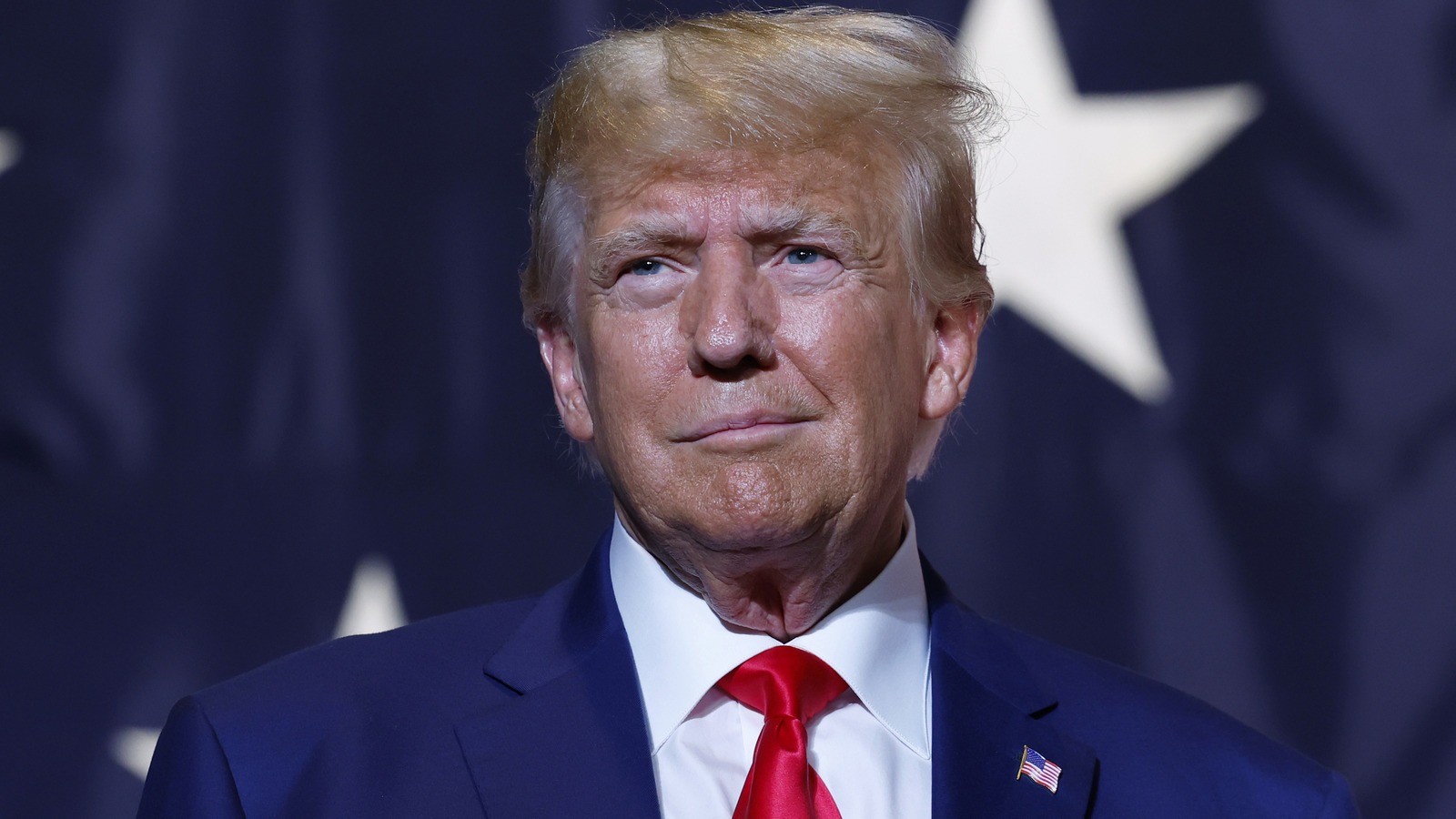
Jeffrey Wright on Playing an “Usher” for Audiences in ‘Westworld,’ Bernard’s Plan and Why His Character Is a “Laurie Anderson Fan”
Logo text
[This interview contains major spoilers for episode seven of Westworld season 4, “Metanoia.”]
In the penultimate episode of Westworld season four, Charlotte Hale’s new world order is crushed by the hands of several hosts.
That includes host William (Ed Harris), whose embracement of his human counterpart’s violent, nihilistic tendencies doesn’t just bring Hale’s tower crashing down, but whose’s arrival as — or return to — the Man in Black sees quite a few of Westworld’s most prominent characters catch a bullet from his very gun.
Related Stories
Among them is this season’s omniscient host Bernard, played by Jeffrey Wright, who in episode seven comes face-to-face with the show’s original villain in Hale’s (Tessa Thompson) tower — her hub for putting humans in loops and making the world into her park.
Death is a fate that Bernard would have seemingly wanted to avoid, but in crunch time reveals is a fate out of his control. According to his sublime knowledge, there’s no outcome of the fight against this dystopic future that doesn’t end in his own death — or total extinction for the hosts and humans.
As one of the show’s most logical characters — and one that has been seemingly hatching a plan since the moment he graced the screen this season — Bernard’s death comes with the promise of building a new world if he can’t be apart of or save this one.
The Hollywood Reporter spoke to Wright at the season four premiere and after episode seven’s airing about how Bernard’s journey this year is different, the parallels between him and original host Dolores, Bernard’s definition of the sublime and why its the human instinct of survival that drives his host.
How do you feel like Bernard’s journey in season four is different than past seasons?
I get the sense that audiences have been waiting to see Bernard grow into a type of clarity and claim a bit more agency and freedom for the past few seasons. He’s been under the thumb of “the man” and he’s been trying to emerge out of it and find himself and understand who he is and what the world is outside of it. I think when he comes into the season, he’s on a mission and he’s with Stubbs which is so good for them. I love working with Luke, and I love what we found together and what Jonathan [Nolan] and Lisa [Joy] have written for us. They created the space for us to do in some ways what we do in real life.
James Marsden said he was aware of his character’s season four return at the end of season two. Daniel Wu said he found out as the episode made its way to him amid filming. In terms of Bernard’s new power and his death, were you aware of what was coming before viewers were shown his new nature as a sort of omniscient narrator?
Yes — well, not prior to the season. At the beginning. But I’m not sure if Bernard is a narrator so much in this season. He tends to be throughout the show an usher through some of the mysteries that the show plays with simply because he is by design a diagnostics guy and an explorer of and through the technology. So, very often, I think Bernard serves this purpose of tracing the breadcrumbs for himself, and also in some ways, for the audience. That has evolved this season in that he’s on a different type of mission having done the information gathering in between seasons.
This season we’ve seen Christina/Dolores and Bernard have powers that give them in different ways control over what can happen. They are also two hosts who have been with the show and the parks from the start. How do you feel like their paths — even though they haven’t knowingly crossed in season 4 yet — are similar or different on this show at this point?
I think the similarities that exist between Bernard and Christina/Dolores are really based inside on who and what they are, in that they are life forms, but they’re digital life forms, and I think, in some ways evolved in terms of consciousness. But also I think they’ve distilled themselves or have themselves distilled to a kind of essence. I found myself this morning, when I woke up after watching the show, realizing that I had to talk about things and found myself going over what our show tends to play out, thematically and constantly, which is this correlation between host and human, but more in terms of their kind of electromagnetic base. The similarity there, when we have this reveal that Dolores or Christina is in that world, but not of the world — I found that just so stunning. Because it just spoke to me of the nature of AI and algorithms. But also, I started thinking about potentially the nature of human consciousness as being similar. So, this is just to me, in a way that our show does at its best, considering the hosts as proxies for us all. Just in the most base sense, it’s this question of what is consciousness? That’s kind of a roundabout way to answer your question. Bernard and Christina go on a kind of similar path toward realizing their essence and the nature of their consciousness.
Bernard says he doesn’t survive any outcome and that the world ends in extinction for all. But he asks Maeve to try and build a new world with him. Why would he want that with the sublime right there and why with Maeve?
I think the driving force for Bernard and for Maeve, and perhaps for everyone in the show and outside the show, is as Maeve described. Maeve says very explicitly in episode seven: “Who said we came here to win? We came here to survive.” This idea of survival is life’s driving force and I think Bernard is tapped into that idea. So he in episode seven did his best, I suppose, but I think that’s what the idea is. It’s a very simple one. It’s “try to survive.”
He could have done that in Hale’s world but he chose to bring it down instead. Why not survive that way?
I think Bernard is interested in both his own survival and the survival of things. He’s not just solely interested or self-centered in his pursuit of survival. I think that he has also always kind of toyed the line, as many of the hosts, between the human world and the host world. So he had experiences as well that have led him to believe that despite all of the negative outcomes and negative, destructive impulses within the human species that they are still, in spite of that, something to hold on to. And those experiences, like in last season, when he’s shown grace by Arnold’s wife, have educated him on the potential beauty and grace of humans. I think he remains generous as a result of that, more so than torn. Generous.
At the season four premiere, I asked if there was a character whose perspective was reliable this season and you said “Bernard is probably the most reliable of all the narrators in this thing.” But per Bernard and how this timeline is supposed to play out, Stubbs dies — which didn’t happen — and Bernard promised to build a new world but after he’s dead. Is it possible that Bernard wasn’t entirely honest about what his full plan was?
I guess we’ll have to wait and see.
There were some religious references happening in this episode that play into ongoing concepts around the sublime and transcendence. Having interacted with the sublime, how do you think Bernard sees or defines those servers — perhaps a place similar to the heaven humans supposedly have?
It’s who’s serving whom, you know? Where exactly are these servers? And are they everywhere? It kind of brings to mind I guess the line from Laurie Anderson, “Paradise is exactly like where you are right now. Only much, much better.” I think maybe Bernard is a Laurie Anderson fan. (Laughs)
Interview edited for length and clarity.
Westworld airs new episodes Sundays on HBO.








































































